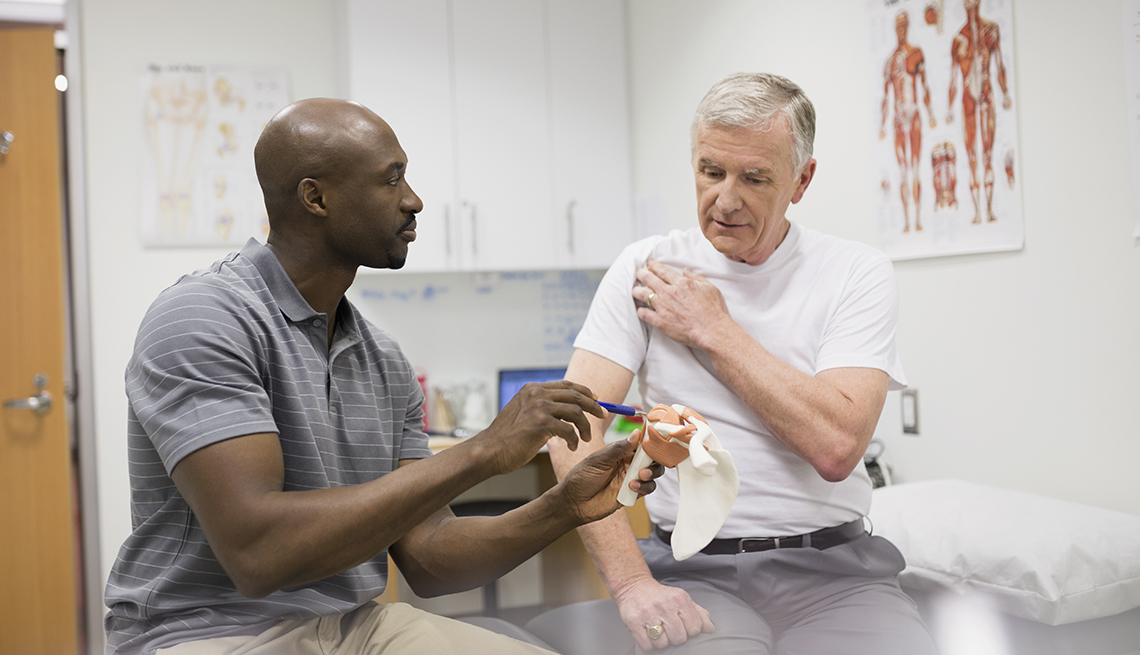Empowering Patients Through Social Support within Cardiopulmonary Recovery Programs.
Wiki Article
Cardio-pulmonary rehabilitation initiatives are created to help individuals with cardiac and lung issues enhance their well-being and standard of life. These programs often consist of physical activity, education about cardiac and pulmonary well-being, and assistance for making lifestyle modifications. However, one crucial element that is sometimes overlooked is the importance of emotional assistance. Psychosocial assistance refers to the psychological and social help that patients receive during their recovery process. This support can empower patients, boost their confidence, and help them navigate the obstacles that come with long-term medical issues.

Individuals in cardiopulmonary rehabilitation often face various psychological and emotional challenges. Feelings of nervousness, depression, and isolation can be prevalent. These emotions may stem from the stress of dealing with a serious health issue or the concern of future medical problems. Emotional assistance can aid address these emotions by offering patients with a secure environment to discuss about their concerns and bond with others who understand what they are experiencing through. Group counseling sessions and one-on-one counseling can be beneficial ways to facilitate this support. By interacting with professionals and peers, individuals can learn coping techniques and discover encouragement from peers who have similar experiences.
Incorporating psychosocial support into cardiopulmonary rehab programs can lead to improved rehabilitation for post heart attack patients medical outcomes for individuals. Research show that when patients receive emotional assistance, they are more likely to adhere to their recovery plans, follow to treatment, and make necessary lifestyle choices changes. This involvement can lead to improved these details health well-being, reduced hospitalizations, and an entire better quality of life. Support teams can encourage inspiration and accountability, assisting patients remain committed to their rehabilitation goals. This cooperative approach emphasizes the importance of considering both physical and psychological well-being in the recovery journey.
Educators and healthcare professionals play a vital part in offering emotional assistance within these initiatives. They can help patients understand the significance of emotional health in their recovery journey. By creating an atmosphere of compassion and understanding, healthcare providers can encourage open dialogue about emotions and worries. Educating personnel in interpersonal techniques and emotional support strategies can enhance the general individual journey. Furthermore, incorporating instruction about anxiety management, calming methods, and positive coping strategies can enable individuals to assume an proactive role in their mental health.
In conclusion, empowering individuals through emotional assistance in cardiac and pulmonary rehab initiatives is essential for promoting holistic rehabilitation. By recognizing the psychological and social dimensions of healing, healthcare providers can create a more nurturing atmosphere that meets the requirements of the entire person. Individuals who receive this holistic care are more apt to achieve their health objectives and enhance their total standard of life. The integration of emotional assistance into recovery initiatives not only enhances the patient experience but also leads to improved sustained health outcomes.